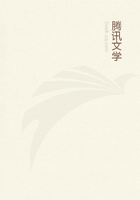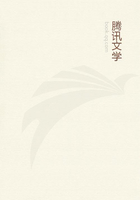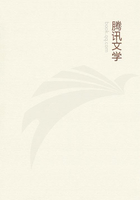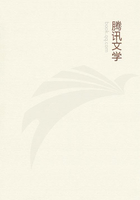The savage or hunter state shortly reviewed - The shepherd state, or the tribes of barbarians that overran the Roman Empire - The superiority of the power of population to the means of subsistence - the cause of the great tide of Northern Emigration.
IN the rudest state of mankind, in which hunting is the principal occupation, and the only mode of acquiring food, the means of subsistence being scattered over a large extent of territory, the comparative population must necessarily be thin. It is said that the passion between the sexes is less ardent among the North American Indians than among any other race of men. Yet, notwithstanding this apathy, the effort towards population, even in this people, seems to be always greater than the means to support it. This appears from the comparatively rapid population that takes place whenever any of the tribes happen to settle in some fertile spot and to draw nourishment from more fruitful sources than that of hunting, and it has been frequently remarked that when an Indian family has taken up its abode near any European settlement and adopted a more easy and civilized mode of life, that one woman has reared five, or six, or more children, though in the savage state it rarely happens that above one or two in a family grow up to maturity. The same observation has been made with regard to the Hottentots near the Cape. These facts prove the superior power of population to the means of subsistence in nations of hunters, and that this power always shews itself the moment it is left to act with freedom.
It remains to inquire whether this power can be checked, and its effects kept equal to the means of subsistence, without vice or misery.
The North American Indians, considered as a people, cannot justly be called free and equal. In all the accounts we have of them, and, indeed, of most other savage nations, the women are represented as much more completely in a state of slavery to the men than the poor are to the rich in civilized countries. One half the nation appears to act as Helots to the other half, and the misery that checks population falls chiefly, as it always must do, upon that part whose condition is lowest in the scale of society. The infancy of man in the simplest state requires considerable attention, but this necessary attention the women cannot give, condemned as they are to the inconveniences and hardships of frequent change of place and to the constant and unremitting drudgery of preparing every thing for the reception of their tyrannic lords. These exertions, sometimes during pregnancy or with children at their backs, must occasion frequent miscarriages, and prevent any but the most robust infants from growing to maturity. Add to these hardships of the women the constant war that prevails among savages, and the necessity which they frequently labour under of exposing their aged and helpless parents, and of thus violating the first feelings of nature, and the picture will not appear very free from the blot of misery. In estimating the happiness of a savage nation, we must not fix our eyes only on the warrior in the prime of life: he is one of a hundred: he is the gentleman, the man of fortune, the chances have been in his favour and many efforts have failed ere this fortunate being was produced, whose guardian genius should preserve him through the numberless dangers with which he would be surrounded from infancy to manhood. The true points of comparison between two nations seem to be the ranks in each which appear nearest to answer to each other. And in this view, Ishould compare the warriors in the prime of life with the gentlemen, and the women, children, and aged, with the lower classes of the community in civilized states.
May we not then fairly infer from this short review, or rather, from the accounts that may be referred to of nations of hunters, that their population is thin from the scarcity of food, that it would immediately increase if food was in greater plenty, and that, putting vice out of the question among savages, misery is the check that represses the superior power of population and keeps its effects equal to the means of subsistence. Actual observation and experience tell us that this check, with a few local and temporary exceptions, is constantly acting now upon all savage nations, and the theory indicates that it probably acted with nearly equal strength a thousand years ago, and it may not be much greater a thousand years hence.
Of the manners and habits that prevail among nations of shepherds, the next state of mankind, we are even more ignorant than of the savage state. But that these nations could not escape the general lot of misery arising from the want of subsistence, Europe, and all the fairest countries in the world, bear ample testimony. Want was the goad that drove the Scythian shepherds from their native haunts, like so many famished wolves in search of prey. Set in motion by this all powerful cause, clouds of Barbarians seemed to collect from all points of the northern hemisphere. Gathering fresh darkness and terror as they rolled on, the congregated bodies at length obscured the sun of italy and sunk the whole world in universal night. These tremendous effects, so long and so deeply felt throughout the fairest portions of the earth, may be traced to the simple cause of the superior power of population to the means of subsistence.

